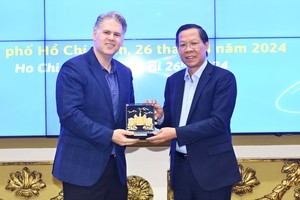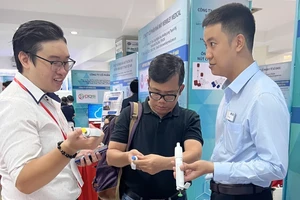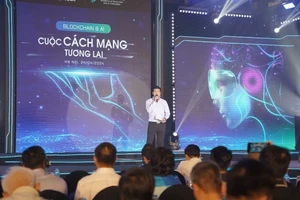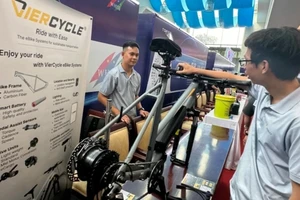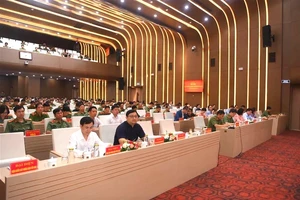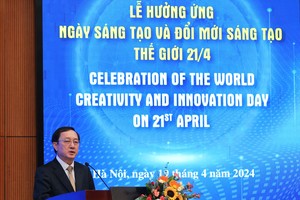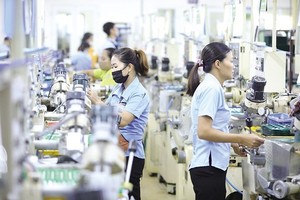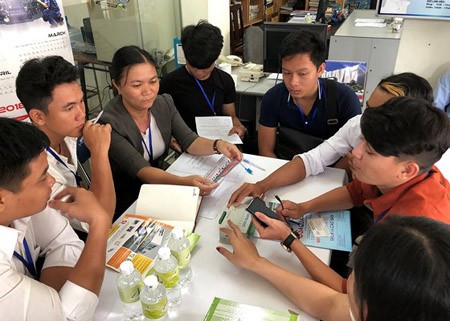
According to the Ministry of Science and Technology, there are 386 businesses nationwide certified as an STB, an increase of 83 compared to 2017. In addition, 43 organizations are classified as high-tech ones, and more than 2,000 IT companies meet the requirements to be considered as an STB.
These companies last year offered over 22,738 jobs to the society, gaining a total revenue of VND105,771.7 billion (approx. $4,559 million), including around VND10,350 billion ($446 million) from scientific-technological products.
Particularly, in Ho Chi Minh City (HCMC), the Department of Science and Technology has launched various programs to support the establishment of STBs. A new club specially for this purpose is going to be formed soon to connect businesses to educational institutes in order to aid the research and implementation process of scientific-technological products. As stated by Mr. Chu Ba Long, Deputy Head of the Division of Technology and Technological Market Management, necessary operation policies for this club have already been finished. The club is going to welcome all related experts, scientists, as well as media units.
Thanks to a rise to 64 STBs until now, HCMC has become the place with the most STB in the country.
Sadly, these STBs still encounter numerous obstacles in production and trading activities like registering for intellectual property or new products, researching and developing new technologies.
Deputy Minister of Science and Technology Pham Cong Tac said that in 2019, one key mission of the ministry is to mobilize possible resources and investment, especially those in businesses, for science-technology and innovation. This could be done via projects, particularly high-tech and environmentally friendly ones, or cooperation with foreign countries so that Vietnam can successfully enter the global value chain.
In a meeting related to science-technology recently, Deputy Prime Minister Vu Duc Dam judged that sufficient awareness should come with suitable actions, and that giving priority to science-technology does not merely mean providing more finance but also involves introducing appropriate policies to completely tackle redundant administrative procedures or financial mechanisms in scientific research while accepting that doing research entails risks.
He commented that as long as there is a good and transparent policy for resource allocation so that organizations and individuals can exploit them effectively, along with strong tax and financial mechanisms, businesses will truly become the center in the national innovation system.
When mentioning the establishment of new private research centers last year in hope of obtaining more internationally worthy studies and intellectual property, he insisted on the need to connect these centers to those of the state and in universities.
The Deputy Prime Minister also asked that the Ministry of Science and Technology must continue to boost conversations with businesses and associations to solve any arisen problem while issuing more encouraging policies for domestic scientific-technological products to enter both local as well as international markets.
Another request from the Deputy Prime Minister is a breakthrough method for STBs to be the center of the national innovation system. This means instead of forcing the forming of a fund for scientific research, it is advisable that better resource allocation be introduced, especially regarding tax policies, so that businesses realize the attractive benefits of investment in research and development.
As an illustration, any enterprise that assigns more capital for science-technology activities is entitled to receive preferential treatment on tax and resources.
The Deputy Prime Minister stated that the national science and technology must develop on transparent economic policies on resource allocation and market approach.
